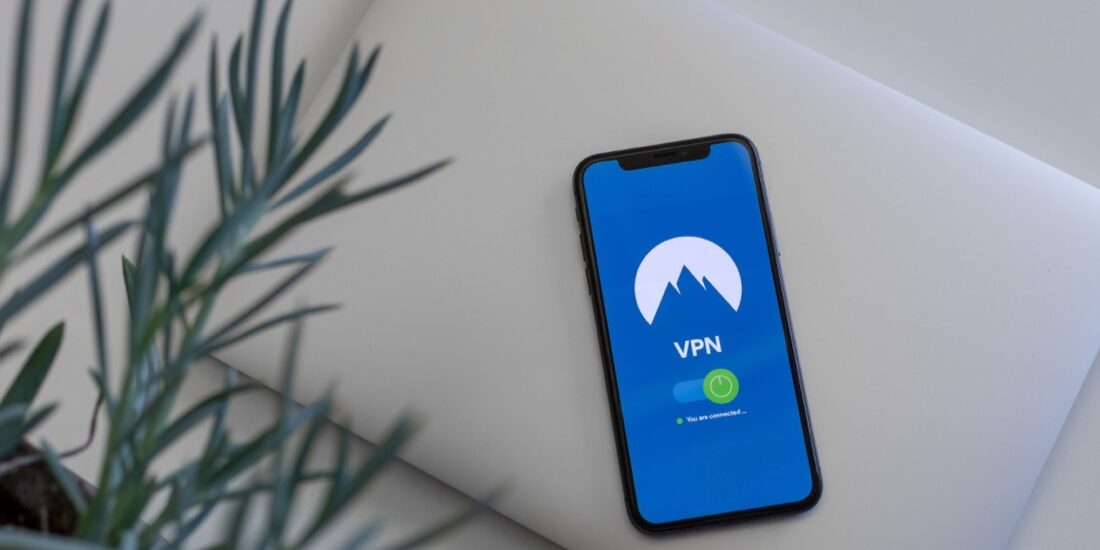- November 5, 2020
- Posted by: Turlock PC
- Category: Tips

Computers have without a doubt made our lives easier, both in a personal and in a professional manner. With their subsequent rise in popularity and rapid technological advancement over the years, it comes as no surprise when we say that it has benefited our society in many ways. With these priceless perks there are, however, just as many trade offs when we think of the drawbacks in terms of the number of threats to cyber security and overall privacy we face in our daily lives. For this reason, today we want to offer our top five suggestions for increasing cyber security to protect you from any potentially harmful threats you may face in the future.
1. Stay Up to Date on Your Software
Keep up with regular software updates on your devices to ensure that any bugs that could lead to a potential breach are fixed. This includes every application on your device as well as your system overall. We know how easy it can be to ignore the notification announcing that it is time for another update. For this reason, we encourage you to enable automatic updates to ensure that all of your devices are running on the latest version of software available at all times.
2. Protect Your Passwords & Other Personal Data
Although this one might seem simple, how protected your password & other sensitive information can determine how at risk you are to a cyber attack. The longer and more complicated your passwords are, the less likely they are to be compromised. We suggest choosing strong passwords that combine numbers, letters, and special characters. Birthdays, kid’s or spouse’s names, and birthplaces should not be included in your password combinations. Another word of advice is to never use the same password on multiple platforms and to change your passwords to critical accounts frequently. We know that it can be difficult to remember so many different passwords and it can be tempting to write them down but we HIGHLY advise against this. Many devices and websites also have extra precautions in place including the option to time out after a short period of inactivity as well as two-factor authentication which can further help protect your information.
3. Don’t Fall Victim to Phishing Scams
Phishing is when hackers send spam emails that look like they’re from colleagues or credible companies in order to get you to click on invalid links. These scams often fly under the radar and are undetected as spam because they are made to look legitimate. If you click the wrong link, either on accident or because you thought it was authentic, you could be putting your whole business at risk. Phishing can cause chaos in the form of harmful digital viruses as well as gain access to sensitive information including passwords. If any strange emails make their way into your inbox, we suggest not clicking on any links, reporting the email as spam, and deleting it from your inbox altogether.
4. Avoid Unsecure Networks
Before you join a WIFI network, verify that it is a trusted source. Many businesses offer free WIFI networks for guests to join which may seem convenient if you are in a pinch but the fact of the matter is that you are connecting to them at your own risk. Many hackers prey on unsuspecting people through public WIFI networks because data in this type of open connection is often unencrypted and unsecure. If you aren’t able to find a secure network, we recommend that you work offline by utilizing your data if on mobile or create a hotspot of your own if you plan on working off of a computer. If you absolutely must use public WIFI, be skeptical of links and avoid any accounts that require you to login especially those linked to your bank account.
5. Firewalls & VPN
This next point goes hand in hand with our last piece of advice which is to always use a firewall to protect your systems and to consider investing in a VPN or Virtual Private Network. The way a VPN works is that it protects you by running all your data through a remote network using a secure connection regardless of where you are. Even when on the go, having your own Virtual Private Network can make a huge difference in security by offering an added layer of protection when connected to public WIFI. Firewalls go beyond protecting your devices and even provide you with a log that traces attempts to access your systems making you aware of any potential threats in real time. With both of these systems in place, you’ll feel more secure than ever to browse the internet in peace allowing you to spend less time worrying if your information is at risk and get more done.
If you have any questions regarding the cyber security tips we discussed today or are looking for a custom IT support plan, feel free to contact us anytime!
